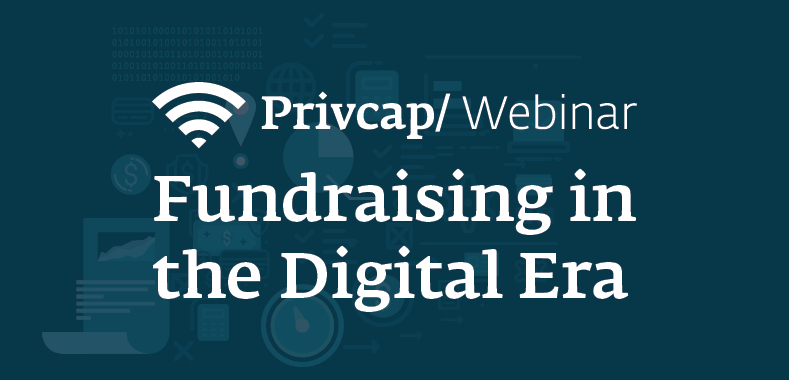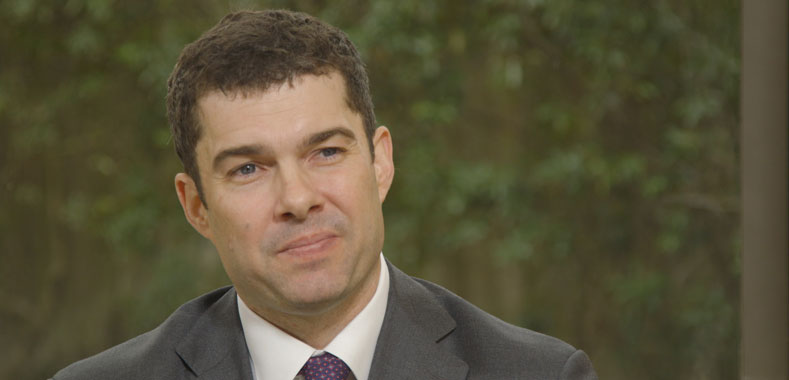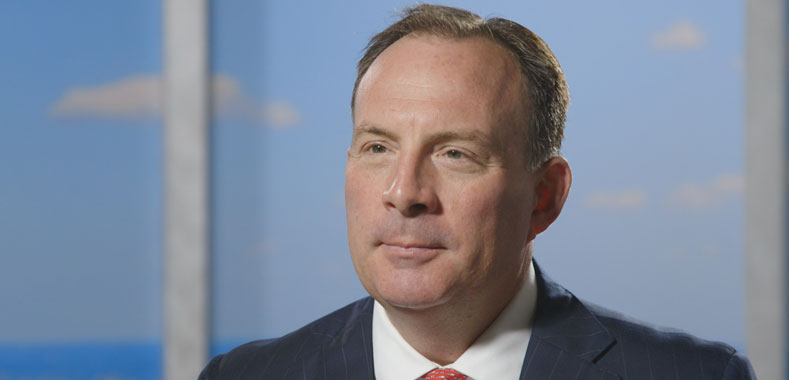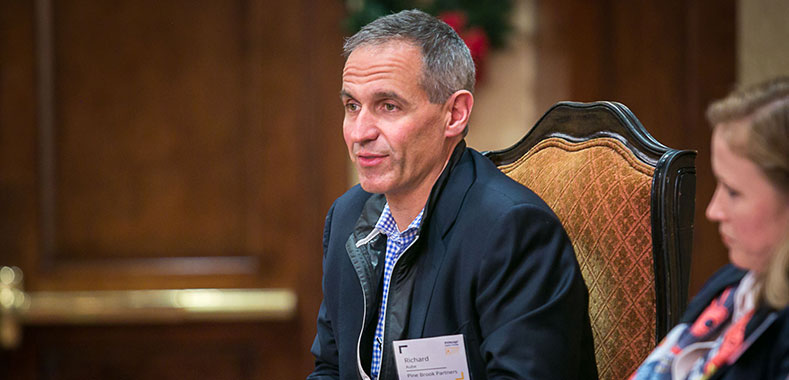Challenges in Private Equity Fundraising
Jeff Eaton of Eaton Partners discusses the difficulties in PE fundraising across different distressed sectors.
Transcript Download Transcript
Challenges in Private Equity Fundraising
Jeff Eaton, Eaton Partners:
Energy is one area we’ve done a lot in over the years. Fundraising is more difficult, no doubt—it’s a very crowded landscape. There’s always a trail. If you think about it, two years ago, before the Saudis made their move, there were a bunch of asset managers that decided, “Let’s raise an energy fund,” because it was a pretty bullish fundraising market. It takes a while for them to get things together. Now, we’re seeing them all in the market, so you’ve got a market that has a lot of supply of managers to choose from. When you combine that with the fact that returns have not been very good in that space, there have not been a lot of distributions in that space. Thus, demand is down, generally speaking, for LPs—[that] does not lead to a great environment for fundraising.
We continue to see interest from LPs in distressed for control-type strategies or special situation strategies. A lot of that distress and special situations hasn’t really come to fruition. So, we’re seeing some LPs wonder, “Do I need to continue to allocate to that space?” We’re actually bullish on allocating to that space and we’re actively seeking to work with a special–situations or distressed-focused manager because we believe LPs are always going to be looking for that area. But it’s pretty crowded.
Real estate is another area that’s challenging, generally speaking, from a fundraising perspective. That’s more the result of the LPs, as they’ve evolved in that space, becoming much more sophisticated and, thus, much less willing to commit to a fund. So, we’re seeing a lot of real estate investing LPs invest directly in assets—partner with developers, for instance, or operators, rather than do a fund. For us to get excited about a fund in the real estate space, they’ve got to be doing something pretty unique. For instance, we’re very interested in the data center space. You could argue that that’s a private equity strategy, but it’s also a real estate strategy. That’s something unique. There aren’t a lot of dedicated managers out there doing that, so that’s an area we’re really interested in. We’re seeing some investors interested in self-storage and other “niche-ier” strategies. But the days of allocating to an allocator—meaning an investor who basically puts investments across multiple different real estate strategies—it’s tough to see that being successful going forward.
What can a fund manager do to overcome some of these challenges?
Eaton: In a tough fundraising environment like this, there are certain things a manager can do to increase the probability of success of their fundraise, for sure. One of them [is] having a couple of deals done. How do they do that? Maybe with money from their existing investors. If they’re a first-time manager, can they find a lead investor that they can warehouse a deal or two with? But the general theme is if I’m an LP, what’s my urgency to invest? And if I know there’s a company I can buy right away at cost, that’s going to give me an incentive to commit.
The other thing a manager can do—it’s almost paramount to do this—is have a robust pipeline. Again, LPs want to know their money’s going to be put to work relatively quickly. The more tangible you can make that by showing up with a pipeline of deals, that gives someone more of a sense of urgency to close. Clearly, momentum in a fundraise is key, because the trick here is creating the scarcity factor, where an LP feels like, “I don’t have the luxury of waiting six months to see if this thing is still open. I need to commit now or I’m going to miss my chance.” Again, having some deals done, having a good pipeline, having a sense that the fundraise is going well—it helps create that sense of urgency.











